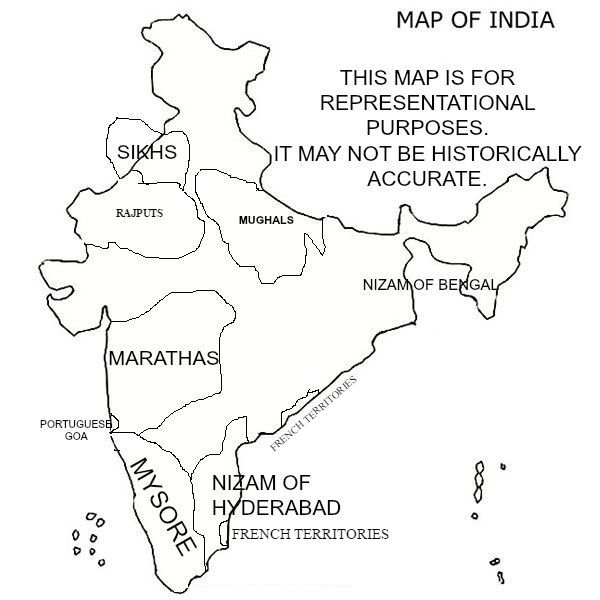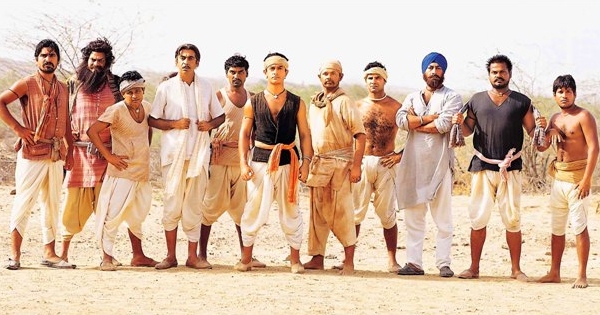prasad1
Active member
Indian (particularly those brainwashed by RSS) believe that there was an Akhand Bharat. This is not a fact it is a myth.
No. It was not. At least not for real, even if it might have existed as a pure concept for millennia.
In order to be called a country, India needed a stable political geography spanning the entire landmass under one and only one banner (flag) and one and only one name (India). The regional rulers of India always fell short of this accomplishment.
In order to be called a natural nation, India needed a natural coherence of culture, language, ethnicity and lifestyle of its inhabitants across the entire landmass. That never happened, neither would it ever happen. India has always been an epitome of diversity. To be called an architected federal nation, there had to be an architecture of nationality where all local regions must had been given equal rights under the central ruling authority and it had to must have a constitution that established the spirit of nationality using various definitions called citizen rights and duties. The kings, rulers and emperors of India never succeeded in establishing a nationality. They always craved loyalty for themselves.
The very first wave of Indian Nationality sentiment came only during the British rule. And that was just that, a wave of sentiment which simply got stronger with time that eventually became a reality.
There was no country called India before 15th August 1947. There was no nation called India before 26th January 1950.

 www.quora.com
www.quora.com
No. It was not. At least not for real, even if it might have existed as a pure concept for millennia.
In order to be called a country, India needed a stable political geography spanning the entire landmass under one and only one banner (flag) and one and only one name (India). The regional rulers of India always fell short of this accomplishment.
In order to be called a natural nation, India needed a natural coherence of culture, language, ethnicity and lifestyle of its inhabitants across the entire landmass. That never happened, neither would it ever happen. India has always been an epitome of diversity. To be called an architected federal nation, there had to be an architecture of nationality where all local regions must had been given equal rights under the central ruling authority and it had to must have a constitution that established the spirit of nationality using various definitions called citizen rights and duties. The kings, rulers and emperors of India never succeeded in establishing a nationality. They always craved loyalty for themselves.
The very first wave of Indian Nationality sentiment came only during the British rule. And that was just that, a wave of sentiment which simply got stronger with time that eventually became a reality.
There was no country called India before 15th August 1947. There was no nation called India before 26th January 1950.

Was India a country before it was ruled by the British and the East India Company?
Answer (1 of 46): No. Here are some excerpts from a book by the brilliant historian R.C Majumder. See this During that time, when the British solely operated as a trading company and had not yet seized political power or were in the process of doing so, there was no concept of India as a count...
Last edited:




